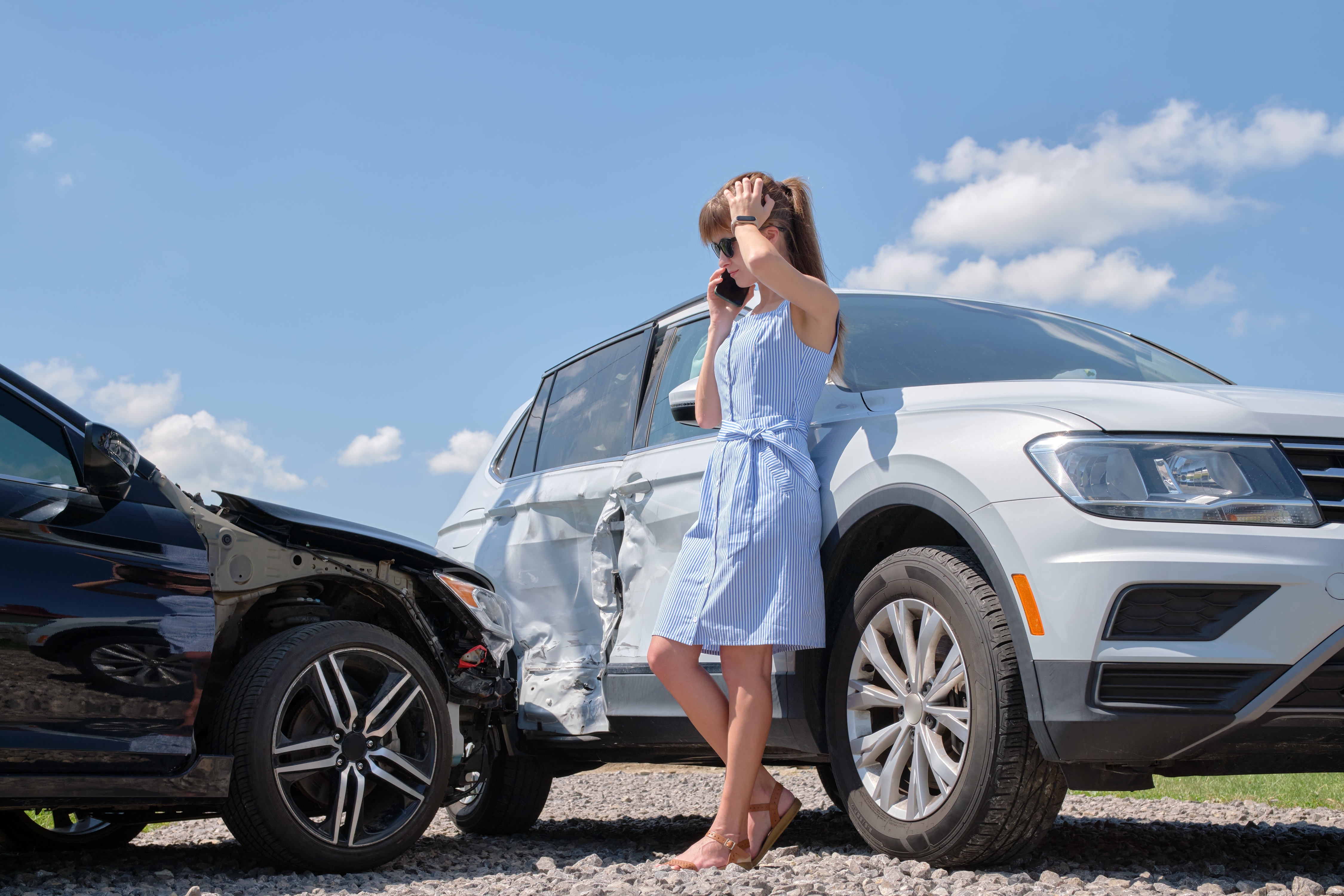When a vehicular accident occurs, people often assume it’s caused by speeding, distracted driving, or poor weather. While those are contributing factors, human behavior plays a critical role in many collisions. Understanding how drivers perceive, react, and make decisions is key to accident reconstruction.
That’s where Collision Examination Specialists in the Pacific Northwest, like The Aces, provide invaluable insight. By analyzing human factors in vehicular accidents, they help courts, attorneys, and insurance companies uncover the truth behind complex crash scenarios.
The Role of Human Factors in Accident Reconstruction
Human factors refer to how individuals interact with their environment—specifically how they perceive hazards, process information, and respond behind the wheel.
Why Human Factors Matter
- Reaction Time: Did the driver have enough time to react?
- Visibility: Could the driver reasonably see the hazard?
- Decision-Making: Did stress, fatigue, or impairment affect judgment?
Understanding these elements allows an accident reconstruction expert witness in the Pacific Northwest to provide a clearer picture of liability.
Common Behavioral Elements in Accidents
- Distraction: Mobile phone use, dashboard interaction, or external events.
- Fatigue: Drowsiness slows reaction times, sometimes more than alcohol.
- Perception: Darkness, glare, or obstructions may hinder visibility.
Case Studies from the Pacific Northwest
Local examples provide context for how human factors influence outcomes.
Example 1: Low-Visibility Collision in Washington
A driver failed to stop at an intersection at night. Investigation revealed poor lighting and limited visibility. An analysis of human perception in low-light conditions helped determine reasonable driver expectations.
Example 2: Highway Pileup in Oregon
A multi-vehicle crash involved distracted driving. By reconstructing timelines and reaction distances, experts showed that one driver’s delayed response triggered the chain reaction.
These cases demonstrate how The Aces’ accident reconstruction services bring clarity to complex incidents.
The Science Behind Accident Reconstruction
Reconstruction isn’t just theory—it’s a rigorous process involving physics, engineering, and psychology.
Key Tools Used by Specialists
- Scene Measurements: Skid marks, debris fields, and impact points.
- Vehicle Data: Black box information, speed logs, and diagnostics.
- Human Factors Analysis: Evaluating what the driver could see, hear, and process.
Benefits of Expert Witness Testimony
When presented in court, this analysis supports fair outcomes. It provides juries and judges with objective data instead of speculation.
Pain Points Attorneys and Clients Face
Law firms often face challenges when dealing with vehicular accident cases:
1. Conflicting Testimony
Drivers often give opposing accounts. A collision examination specialist can clarify inconsistencies with science-based analysis.
2. Complex Liability
In multi-vehicle cases, identifying the responsible party requires detailed reconstruction.
3. Technical Jargon
Attorneys may struggle to present complex findings to juries. An experienced expert like The Aces bridges that gap with clear, accessible testimony.
Solutions Provided by The Aces
The Aces specialize in accident reconstruction with an emphasis on human factors.
Services Offered
- Collision scene investigation
- Human factors and driver behavior analysis
- Vehicle inspections and data downloads
- Courtroom testimony as expert witnesses in investment banking
Why Choose The Aces?
- Over two decades of combined experience
- A proven record of courtroom credibility
- Service across the Pacific Northwest
Frequently Asked Questions
What are human factors in vehicular accidents?
Human factors refer to the role of perception, cognition, and reaction in crash scenarios. They explain how driver behavior impacts outcomes.
How can an expert witness help my case?
An accident reconstruction expert witness in the Pacific Northwest provides objective, science-based analysis that supports litigation and arbitration.
Do human factors always play a role in collisions?
Yes. Even in mechanical failure or environmental hazard cases, a driver’s perception and response contribute to the chain of events.
Trust The Aces for Human Factors Expertise
Human factors can be the deciding element in proving or defending liability. If you’re an attorney or legal team handling a complex vehicular case, the expertise of Collision Examination Specialists in the Pacific Northwest can make the difference.
The Aces provide comprehensive accident reconstruction and human factor analysis, ensuring clarity, accuracy, and credibility in every case.
Don’t leave your case to chance—partner with the experts who understand the science behind driver behavior.






